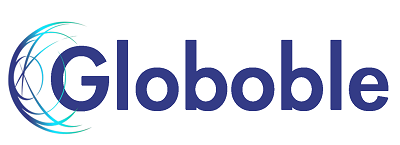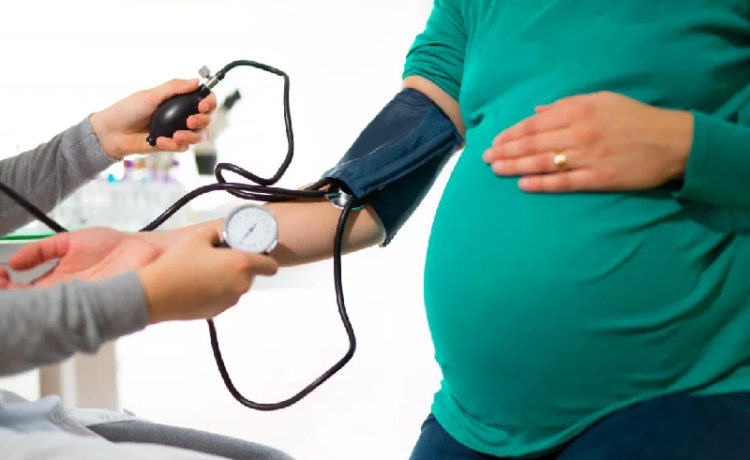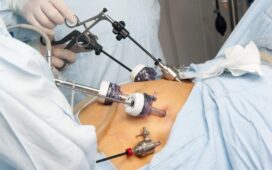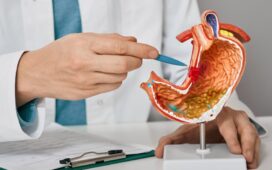Low blood pressure or hypotension is not considered a disorder and most times does not warrant extensive medical attention. With the fast-paced and sedentary lifestyle choices, hypertension is on an ever-increasing trend and many are taking precautionary measures to keep their blood pressure under check.
While 120/80 mmHg is considered the normal BP level, anything below 90/60 mmHg is considered hypotension or low BP. Low BP on a usual basis is not life-threatening until it is accompanied by secondary health complications and acute symptoms.
Blood pressure when drops down to a dangerously low level may cause extreme health ailments and fortunately, there are a plethora of low BP treatment methods to raise blood pressure recommended by the doctors and medical practitioners.
Stay Hydrated:
Dehydration is one of the common causes of hypotension and it leads to sensations of dizziness, excessive thirst, and dry mouth. Medications such as diuretics, diarrhea, and other conditions may lead to dehydration eventually causing low BP. Staying hydrated by keeping fluids replenished at regular intervals is suggested as one of the easy, quick, and effective measures.
Dietary Best Practices:
Doctors recommend including iron and folic-acid food for crafting a healthy and balanced diet. Iron and folic acid are essential in maintaining blood volume and hemoglobin content in the body that regulates the blood pressure level.
An imbalance in the sodium content in the blood may reduce the blood pressure. Doctors advise consuming foods with extra salt content that will help bring the sodium content to the requisite level. However, individuals suffering from hypertension, heart, and other disorders should avoid too much salt in their food.
Eating heavy meals makes the digestive system work harder and leads to reduced blood pressure. Thus, healthcare professionals advise to space out meals and break heavier ones into smaller portions to ensure that the digestive system is not exhausted.
Say NO to OTC Medicines:
The consumption of over-the-counter medications is not encouraged for a multitude of reasons. Doctors always advise consuming only prescribed medicines to avoid the risk of hypotension.
Medicines such as fludrocortisone and midodrine are recommended to raise blood volume, and narrow blood vessels to increase blood pressure. Other medicines that are used to raise blood pressure include
- alpha-adrenoceptor agonists
- dopamine
- epinephrine
- norepinephrine
- phenylephrine
- vasopressin analogs
Avoid Consumption of Alcohol:
Excessive consumption of alcohol may lead to dehydration and eventually hypotension. The combination of alcohol and certain medications may cause hazardous effects. Thus, medicos often recommend avoiding consumption of alcohol and limiting it as much as possible.
Measure Blood Sugar Regularly:
Diabetes and high blood sugar or hyperglycemia may lead to low blood pressure. Keeping a tab on the blood sugar content on a regular basis is advised so that on-time treatment can be ensured to evade the hazardous impact of hypotension.
Go for a Thyroid Screening:
Many might wonder how the thyroid is related to blood pressure. Hypothyroidism is a condition that occurs due to reduced secretion of the thyroid hormone. Hypothyroidism is responsible for hypotension in rare cases. Doctors suggest periodic thyroid screening to identify the existence of thyroid-related issues. Doctors prescribe medication to treat hypothyroidism that indirectly reduces the risk of hypotension.
Use Compression Stockings:
Compression stockings are highly advised by medical professionals to treat hypotension. They are quite beneficial in restricting the blood flow to the lower limbs that may cause the symptoms of dizziness and postural hypotension.
For further advice on treatment measures for hypotension, get in touch with the healthcare experts at Narayana Health, today!












